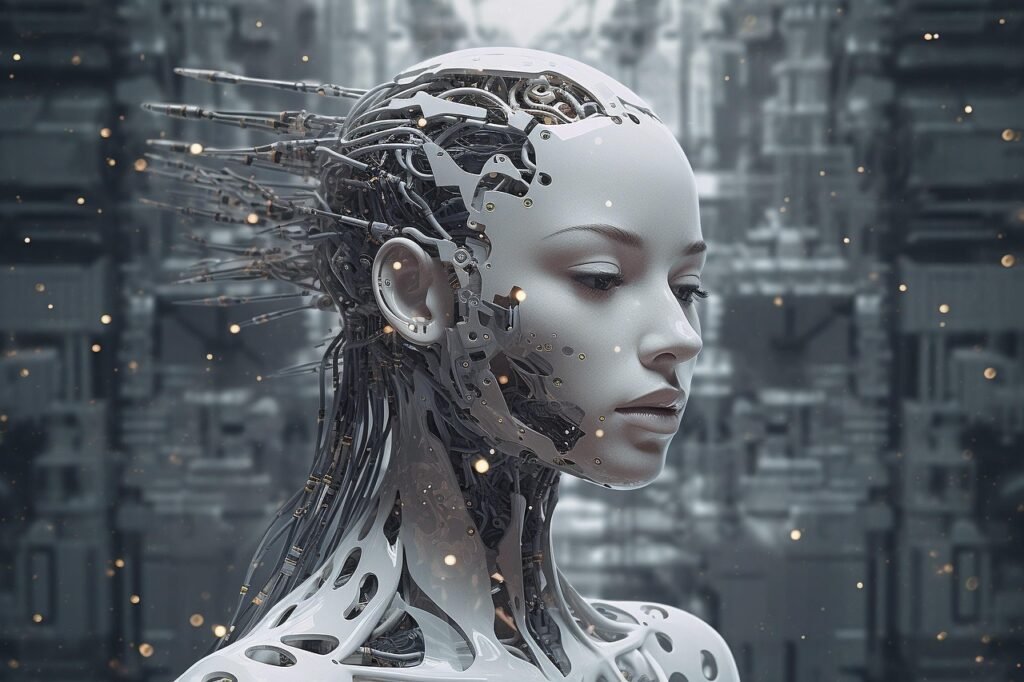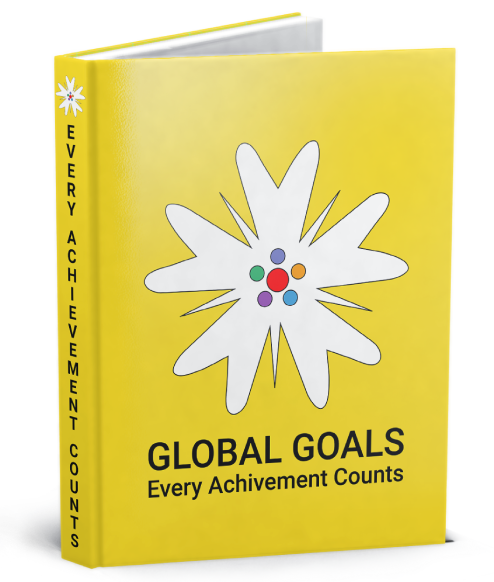Discover how ethical AI applications are transforming society, ensuring fairness, transparency, and equity in areas like healthcare, education, and governance.
Introduction: Why Ethics in AI Matters
Artificial Intelligence (AI) is reshaping the world at an unprecedented pace—from healthcare to finance to everyday services. However, as powerful as AI can be, it also raises ethical concerns around bias, fairness, and accountability.
This is where ethical AI applications become crucial. By embedding fairness, transparency, and responsibility into AI systems, we can ensure that technology serves all of humanity, not just a privileged few.
What Are Ethical AI Applications?
At its core, ethical AI means designing, developing, and deploying AI in ways that respect human rights, avoid discrimination, and contribute to sustainable development.
Some key principles of ethical AI include:
- Fairness: Preventing bias in algorithms.
- Transparency: Ensuring people understand how AI decisions are made.
- Accountability: Making developers and organizations responsible for AI outcomes.
- Sustainability: Aligning AI with social, environmental, and economic goals.
These ethical AI applications are vital for building trust in technology.
The Risks of Ignoring AI Ethics
Without ethics, AI risks amplifying inequalities:
- Biased hiring systems may exclude qualified candidates.
- Healthcare algorithms might prioritize profit over patient care.
- Surveillance technologies could threaten privacy and human rights.
That’s why ethical AI applications are no longer optional—they are essential for a fairer digital future.
How Ethical AI Applications Shape a Better Future
1. Healthcare Equity
AI can help detect diseases earlier and improve treatment, but only if systems are trained on diverse datasets to avoid bias. Ethical AI ensures equitable healthcare access to all, not just those in wealthy regions.
2. Education for All
AI-driven personalized learning platforms can democratize education. When designed ethically, they adapt fairly to all learners, regardless of background or income. Smart and fair AI-driven education systems can bridge the education gap.
3. Sustainable Cities and Communities (SDG 11)
Ethical AI applications can optimize energy use, reduce traffic congestion, and support green initiatives, aligning with Sustainable Development Goals (SDGs) 11. Building sustainable communities through integrating AI, Data & Ethics with the SDGs ensures fairness and promotes long-term social and environmental well-being.
4. Fair Governance
By using blockchain-backed, transparent AI systems, governments can ensure fair distribution of resources and reduce corruption.
Ethical AI in the ABCDE The World Framework
The ABCDE The World framework—AI, Blockchain, Connectivity, Data, and Ethics—places ethics at the heart of digital transformation.
In this context, ethical AI applications:
- Ensure AI insights are free from harmful bias.
- Integrate with blockchain for transparent decision-making.
- Leverage data responsibly with privacy safeguards.
- Promote connectivity that bridges digital divides.
This holistic approach of people, process, technology ensures empowerment of sustainable social, environmental, and economic development.
Real-World Examples of Ethical AI
- IBM’s AI Fairness 360 Toolkit helps developers detect and mitigate bias in machine learning models.
- AI in healthcare diagnostics is being tested with diverse patient data to avoid racial or gender bias.
- Ethical chatbots are designed to respect privacy while supporting mental health conversations.
These examples show that ethical AI applications are already shaping industries and improving lives.
How Organizations Can Implement Ethical AI
To adopt ethical AI applications, organizations should:
- Conduct AI ethics audits to identify risks.
- Create diverse development teams to reduce bias.
- Build transparent systems where decisions can be explained.
- Align AI projects with the UN Sustainable Development Goals (SDGs).
Conclusion: Toward a Fairer Future
AI has the potential to unlock incredible opportunities—but only if developed responsibly. By prioritizing ethical AI applications, we can build systems that protect fairness, encourage inclusivity, and create a future where technology serves humanity as a whole.

Discover the full vision behind technologies that count—Global Goals: Every Achievement Counts, available on Amazon now!
